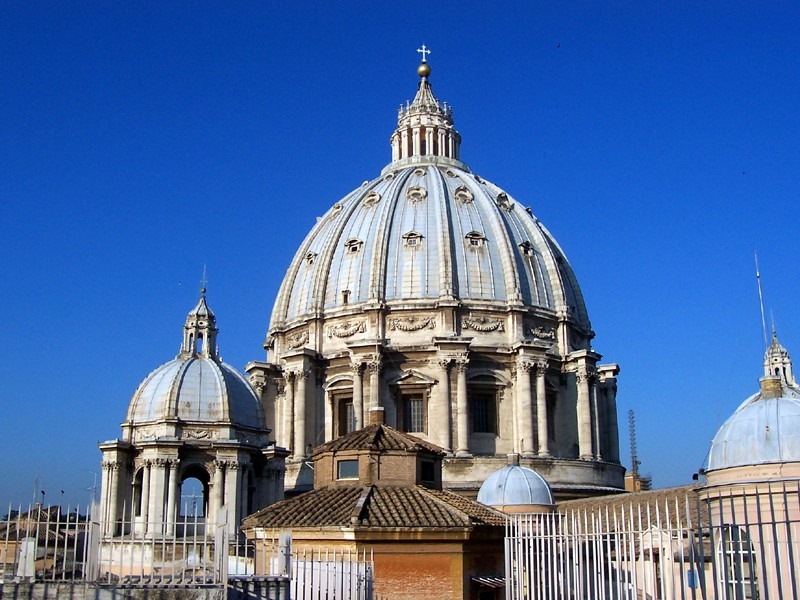
Divine grace
Divine grace is a theological term present in many religions. It has been defined as the divine influence[1] which operates in humans to regenerate and sanctify, to inspire virtuous impulses, and to impart strength to endure trial and resist temptation;[2] and as an individual virtue or excellence of divine origin.[3]
"God's grace" redirects here. For the Bernard Malamud novel, see God's Grace.Abrahamic religions[edit]
Judaism[edit]
In Judaism, divine grace is an attribute of the God of Israel that signifies his chesed (loving-kindness and mercy) for his chosen people and his compassion for sinners, the weak, and the less fortunate. Divine grace is granted even to those unworthy of it. In the Old Testament, the prophets promise divine grace for penitent Jews.[8]
In the Talmud, divine grace is designated by the term "mercy," which is in contrast to divine justice. The divine name Elohim implies mercy, while the Tetragrammaton implies justice. Grace, according to the Jewish sages, is given to merciful people, students of the Torah, and people whose ancestors or descendants merited grace for them. Righteous people can change divine justice to divine mercy.[9]
While medieval Jewish philosophers did not mention divine grace, the Jewish liturgy includes many references to it, especially on Rosh Hashanah and Yom Kippur. The God of Israel is called merciful in many prayers, including the Wehu Raḥum, Ahabah Rabbah, and Shemoneh 'Esrch.[10]